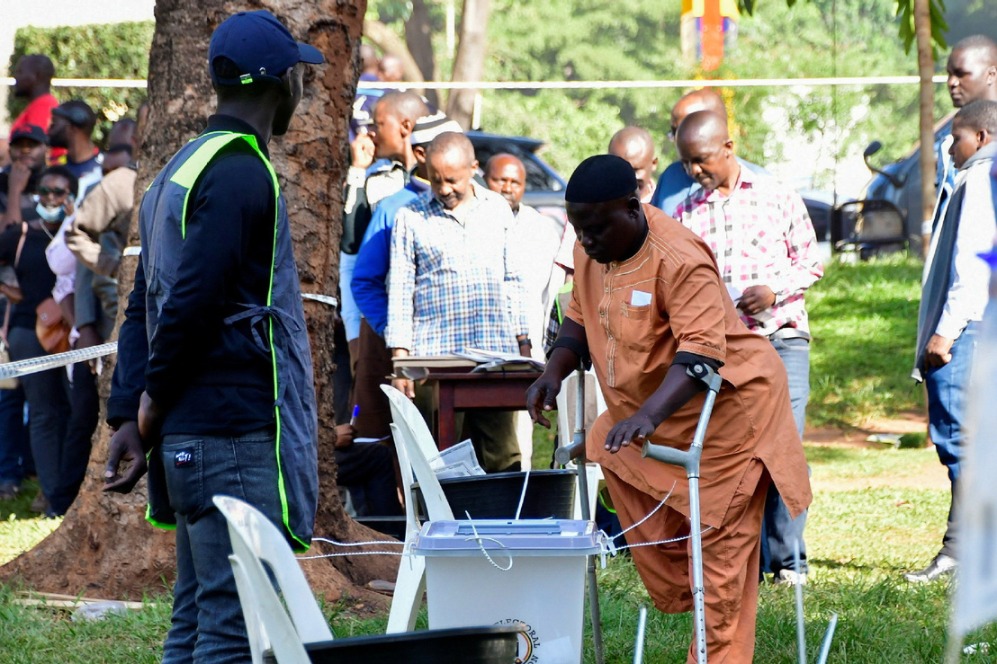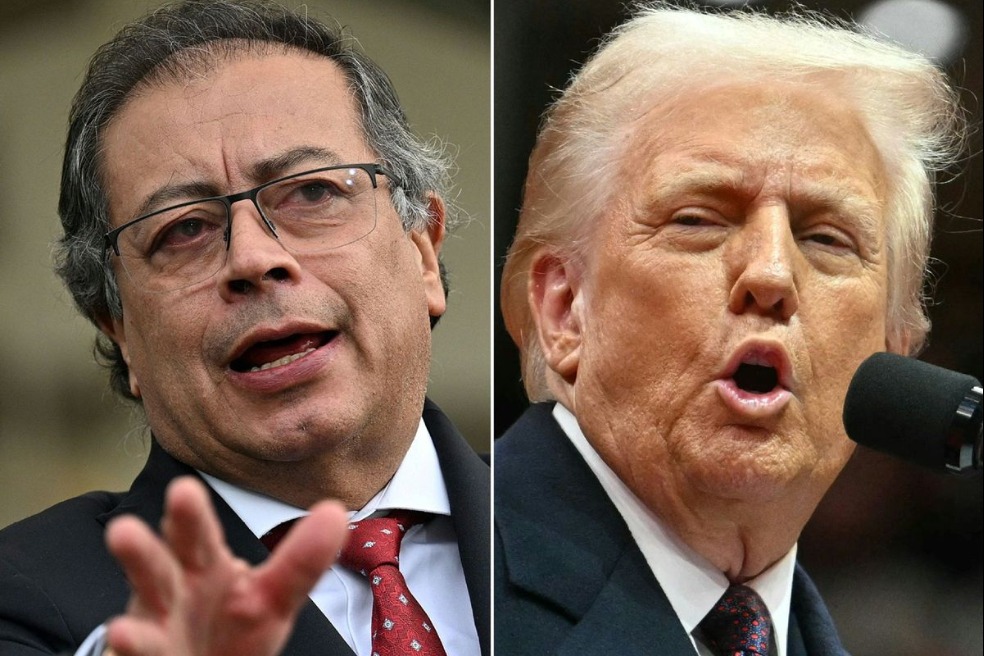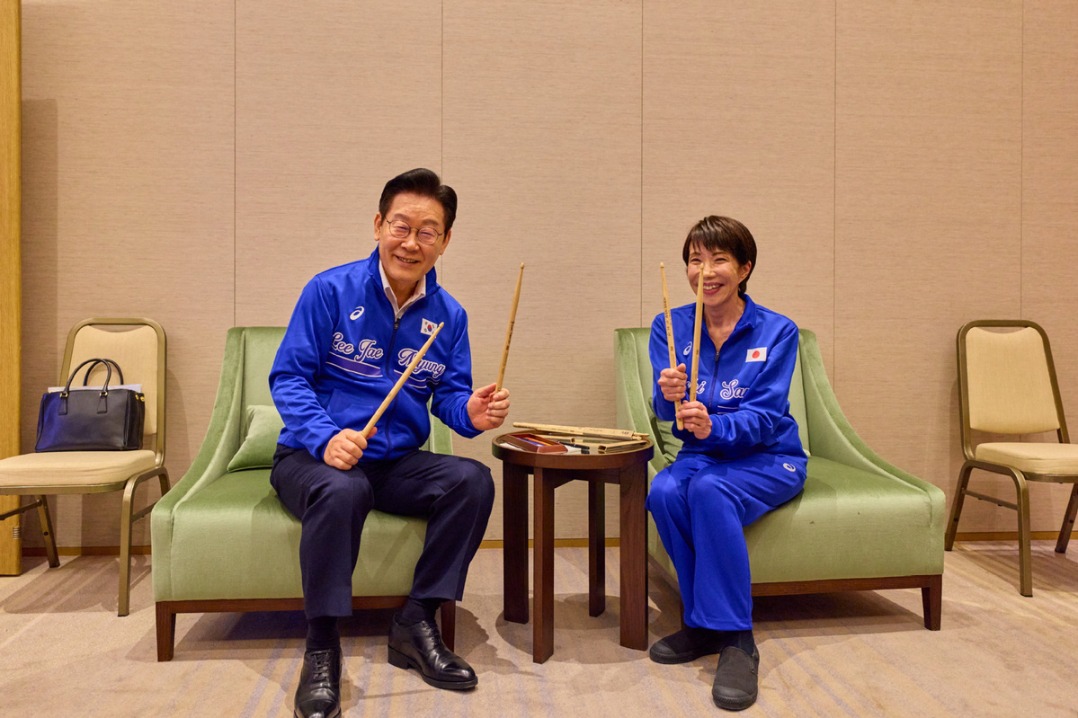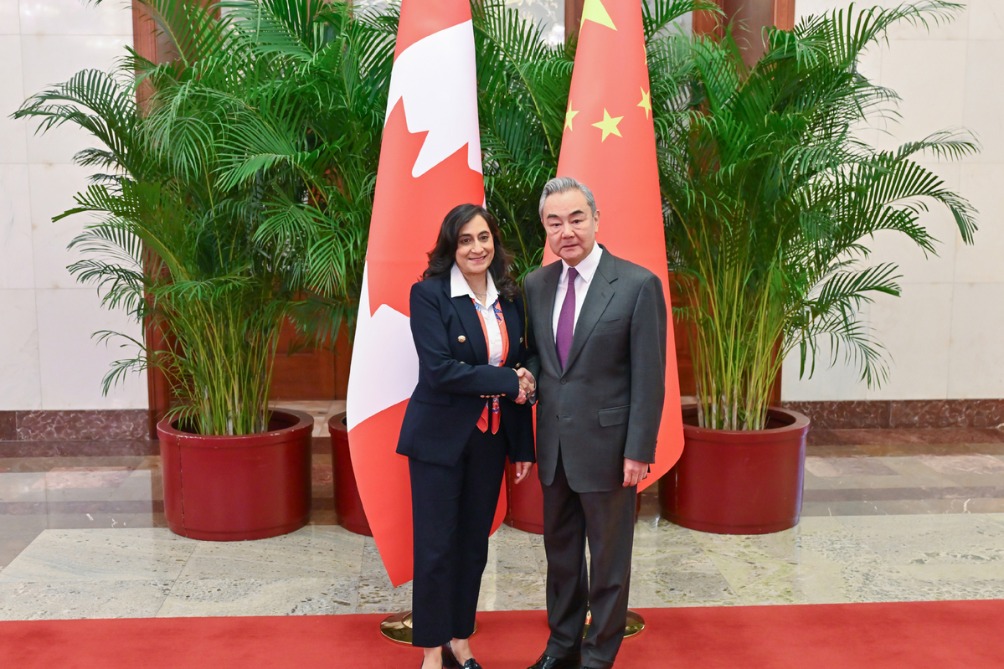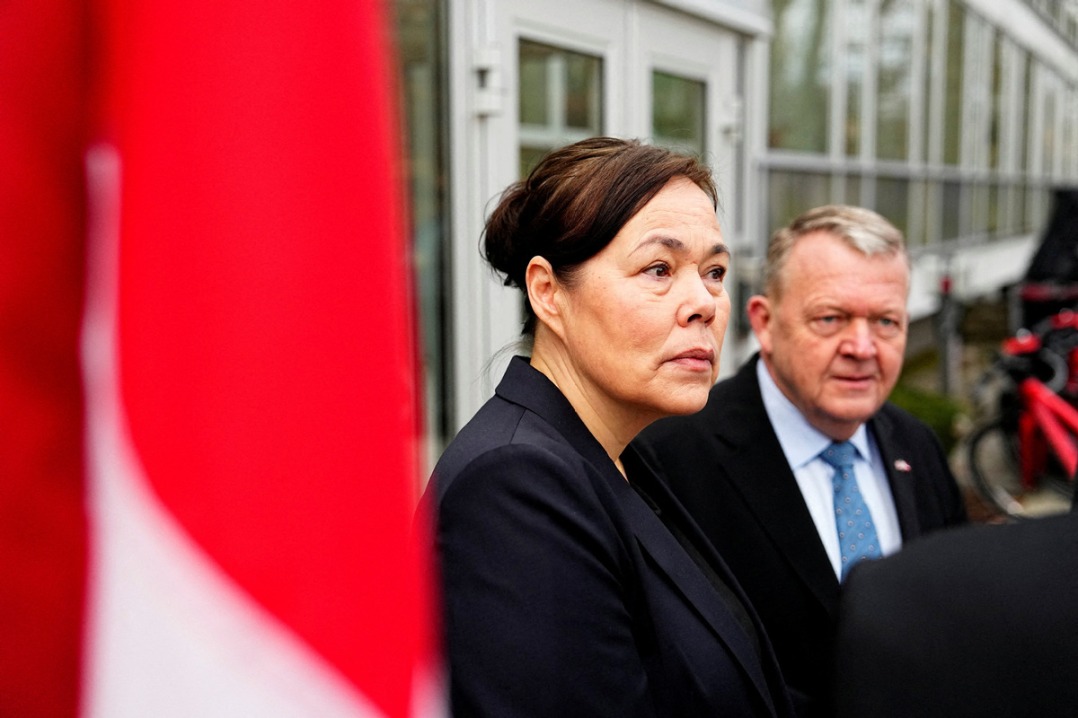Peru extends state of emergency in protest-hit cities amid peace call

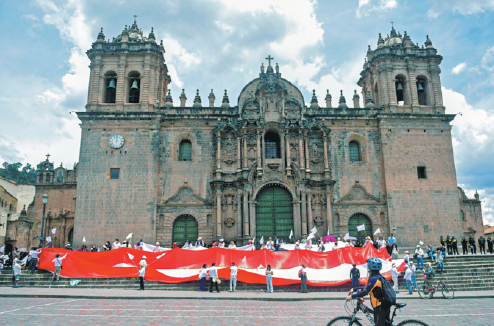
LIMA — Peru has extended a state of emergency for another month in the capital Lima and two southern regions, where deadly protests have rocked the country.
Peru first announced a month-long nationwide state of emergency in mid-December, shortly after clashes between supporters of former president Pedro Castillo and security forces.
Protesters asked President Dina Boluarte to resign and demanded the release of Castillo as well as early presidential and congressional elections.
More than 40 people have died and over 500 injured, including 355 civilians and 176 National Police agents, while 329 people have been arrested.
The extended emergency measures signed by Boluarte late on Saturday, which grant police special powers and limit freedoms including the right to assembly, apply to Lima and the southern regions of Puno and Cusco.
In Puno, the government declared a new nighttime curfew from 8 pm to 4 am for 10 days.
Almost 100 road stretches remained blockaded on Sunday in 10 of Peru's 25 regions — a record according to a senior land transport official.
Some 500 Peruvians, including several dozen police officers, attended a mass on Sunday in Lima's central cathedral for fallen protesters.
Lima Archbishop Carlos Castillo, who led the service in Spanish and the Quechua Indigenous language, called for peace and an end to the "spiral of violence".
Spaces for dialogue
Boluarte expressed her "regret "for the deaths on Friday, but said she will not resign.
Jose Muro, deputy minister of territorial governance, told TV Peru on Sunday that the government would create "spaces for dialogue" countrywide to discuss unanswered social demands.
Mass demonstrations have meanwhile been announced for Monday in Lima as well as the marginalized southern Andean regions.
The airport in Cusco, gateway to the famed Machu Picchu site, reopened on Saturday.
Authorities on Thursday suspended operations as a preventive measure at the airport, which handles the second-most air traffic in the country, after demonstrators tried to reach the transportation hub.
The airport suspended operations for five days in December.
Train services to the historic Inca citadel also resumed on Sunday.
Unions said the tourism industry was losing up to 7 million sols ($1.7 million) a day.
Authorities said radical groups are behind the protests, including remnants of the Shining Path communist guerrilla group.
They have presented the capture this week of a former member of that organization, Rocio Leandro, whom the police accuse of having financed some of the unrest.
Agencies - Xinhua
















